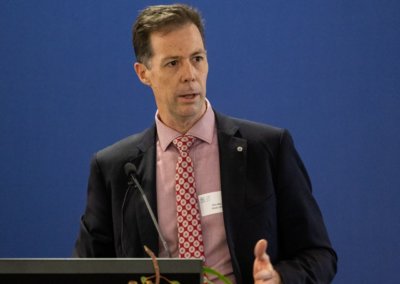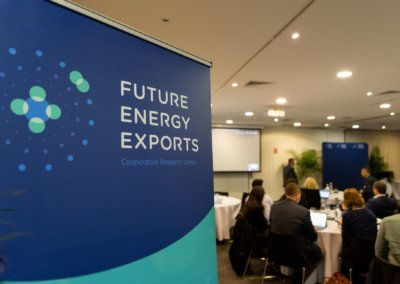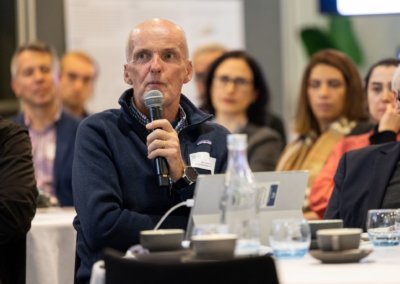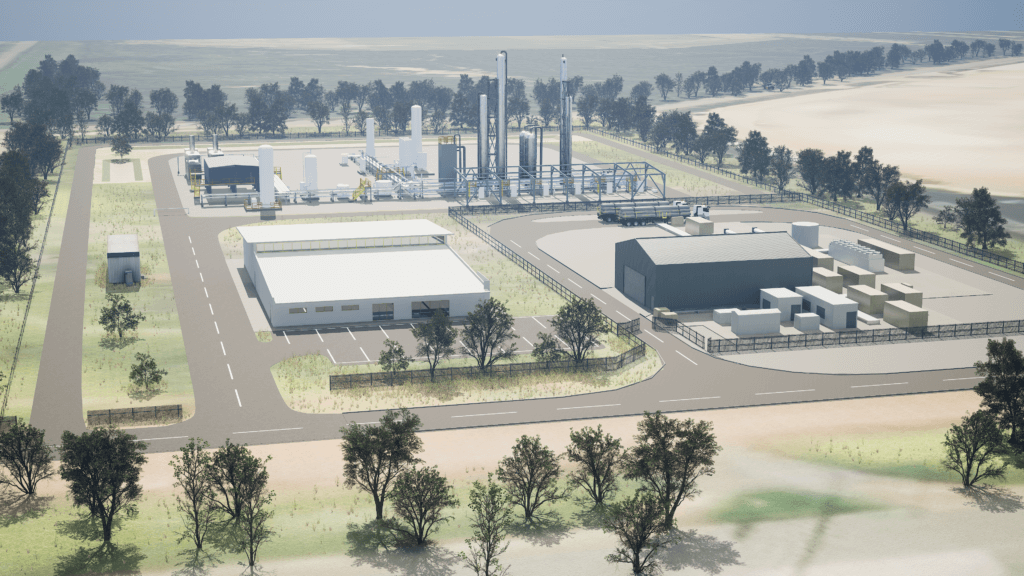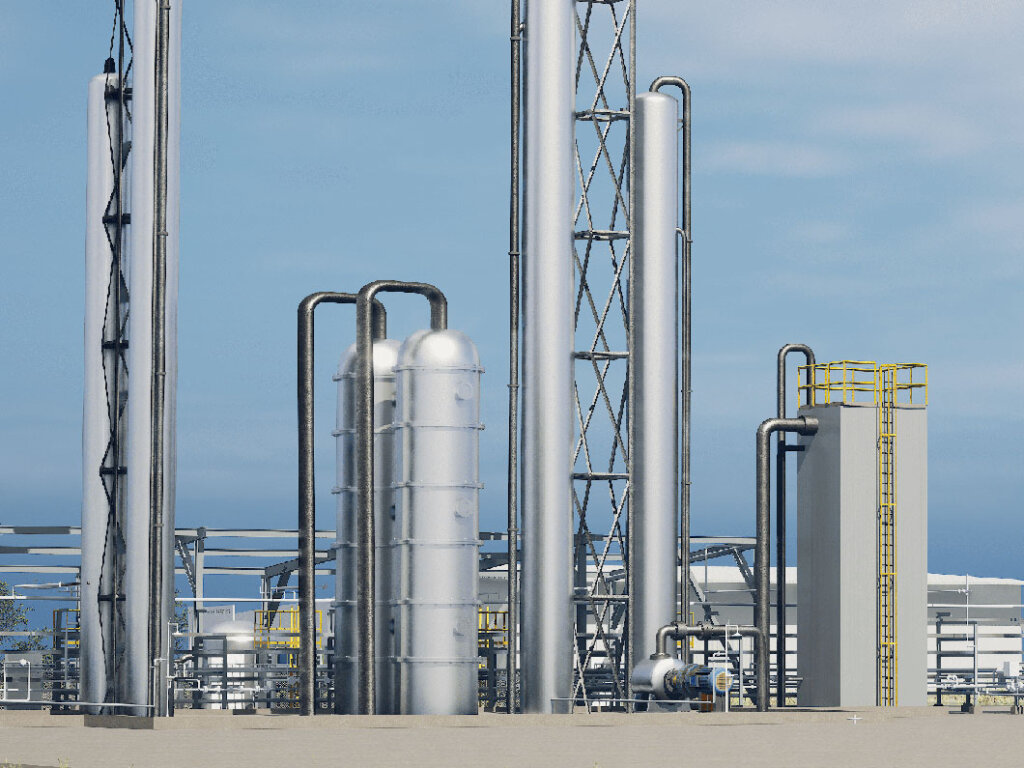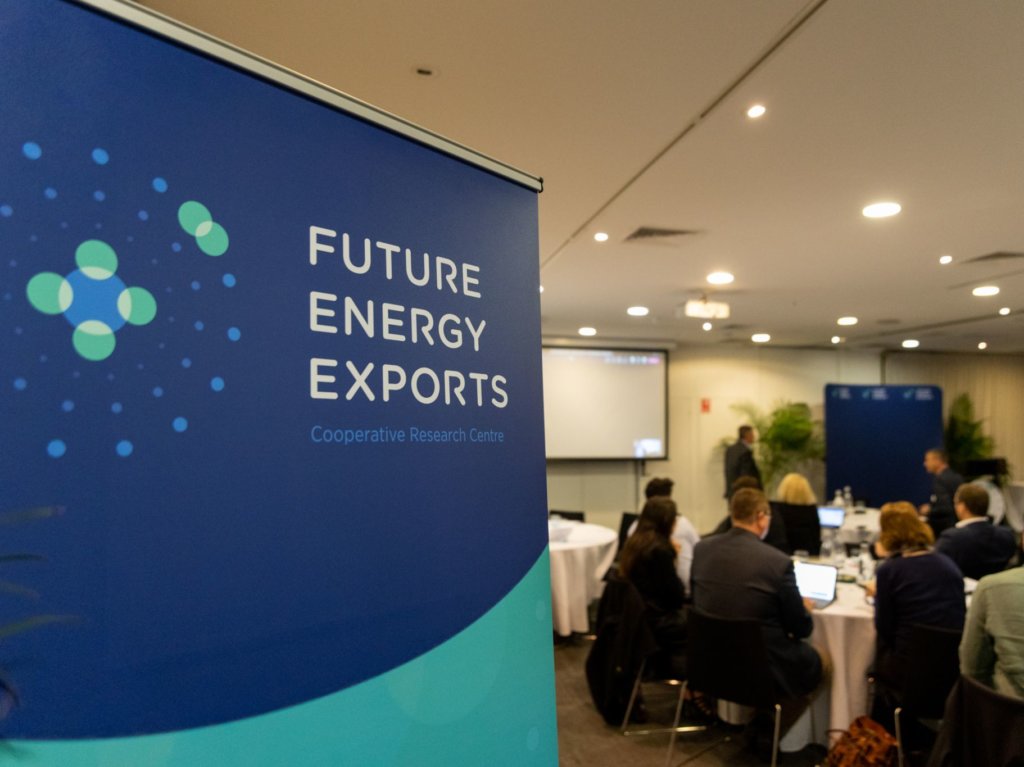I recently spent two days with some of our nation’s leading researchers and industry experts asking the big questions about future-proofing Australia’s energy exports through LNG decarbonisation and hydrogen cost-reduction.
“Stimulating” and “like drinking from a fire-hose” were some of the comments from attendees at our inaugural Future Energy Exports Cooperative Centre (FEnEx CRC) conference held in Perth which showcased research efforts to assist in the quest for Net Zero and energy transition.
With our event kicked off by one of Australia’s most imminent Environmental, Social and Governance (ESG) and business voices, Grant King, I personally took away several critical insights over the two days that will help shape our organisation’s future work plans.
First and foremost was that our global and national 2030 emission targets can only be plausibly met with existing technologies – and that our 2050 emission targets will only be met with new technologies that groups like our Cooperative Research Centre are working on.
I also had confirmed that scientists and engineers must continue to pursue the work and technologies that are needed and not just those that are fashionable. The time for solving our world-wide emerging energy crisis is now and this is just as pressing as the call to solve the challenge of global climate change.
With the world facing ever-increasing energy demand our challenge is how we meaningfully reduce the carbon intensity associated with its production.
And this goes to the heart of the FEnEx CRC’s mission and what we are working to achieve. How do we develop and demonstrate the new technologies the world needs to decarbonise reliable and secure energy supplies?
Fortunately, we have some of the best and brightest minds working to solve this challenge and we look forward to showcasing our work via future communications and LinkedIn articles (so watch this space!).
Finally, another key point which stuck with me was the continued place for face-to-face collaboration for industry experts and researchers in generating innovative thought and ideas. While technology plays a significant part in helping bridge the tyranny of distance, sometimes the best ideas are sparked in a single exchange or group discussion.
Last year we were forced by Covid to delay this inaugural event.
But last week I saw how important a physical gathering remains and how galvanising a meeting of thought leaders can be – and how collaborative relationships and connections through the FEnEx CRC will help solve these critical global challenges and cement Australia’s place in the global energy landscape.
Eric May
CEO
Future Energy Exports Cooperative Centre


